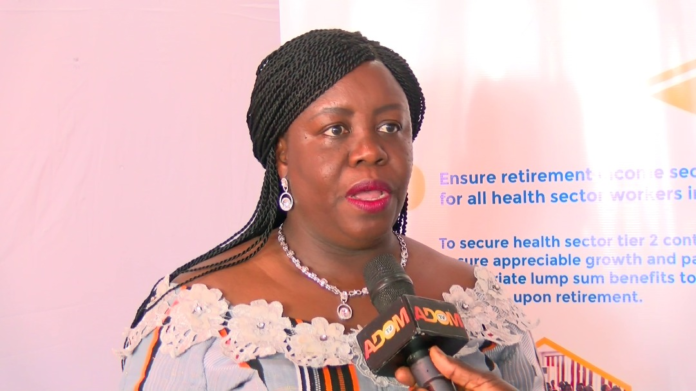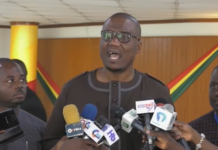
The President of the Ghana Registered Nurses and Midwives Association (GRNMA), Perpetual Ofori Ampofo has expressed concern over the staggering exodus of Ghanaian nurses and the impact it is having on the healthcare sector.
Speaking on JoyNews’ PM Express, Madam Ampofo highlighted the significant investments made by the Ghanaian government and taxpayers in training healthcare professionals.
She pointed out that these professionals received highly subsidised education, with their training funded by the tax contributions of the Ghanaian populace. Therefore, the mass departure of trained nurses poses a substantial challenge to the nation.
“It is not the best that we have our professionals whom we have used the taxpayers’ money to train, such that during their training, they did not pay full school fees; it was highly subsidised, and it was your tax and my tax that trained them and we can’t sit aloof and have them all leave,” she told Ayisha Ibrahim on Wednesday.
In 2022 alone, approximately 4,000 nurses relocated to Western countries to render their services abroad.
It is on the back of such staggering numbers that the GRNMA President demands realistic solutions to the problem.
Another key concern Madam Ampofo raised was the involvement of recruitment agencies that actively seek out Ghanaian nurses and midwives.
She further accused the government of poaching these professionals under the guise of it being a personal decision.
“But at the end of the day, we must look at it as a country and ask ourselves whether we will be able to achieve the specific targets of SDG 3. It looks like we will not be able to attain this by the year 2030 and the fact that you and I have taken the decision to live in Ghana, we deserve and every citizen deserves quality services including health, education, transport, and everything else and it is important that government takes these things seriously,” she said.
According to her, the situation is dire and has far-reaching consequences.
Madam Ampofo intimated that the shortage of healthcare professionals not only affects the quality of health services in Ghana but also puts a strain on the overall development goals.
ALSO READ:






